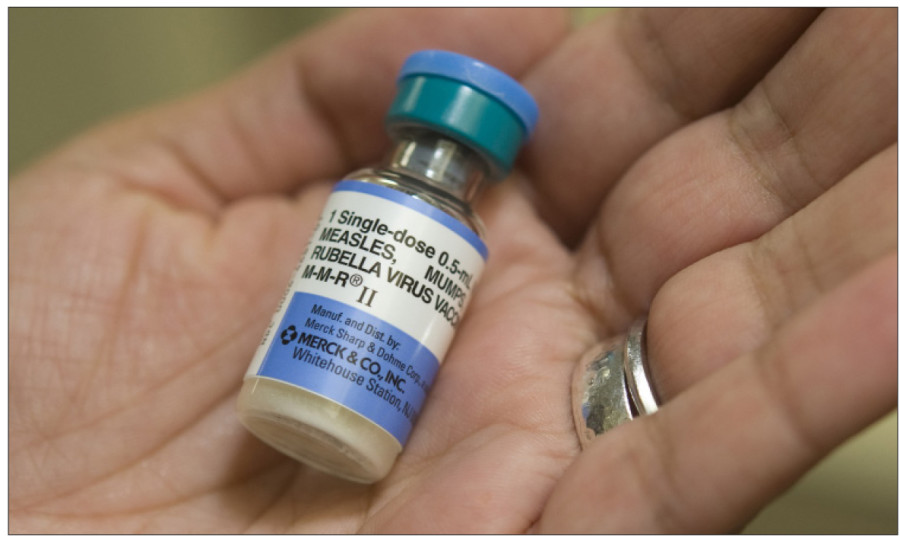UNI sees surge in mumps cases
Nov 19, 2015
The University of Northern Iowa has recently seen an increasing number of cases involving the mumps virus on campus. UNI confirmed its first cases in an email sent to students on Nov. 12. Since then, there have been nine confirmed cases in total.
According to the email, the mumps is a highly contagious, viral infection that is spread through saliva or mucus from the mouth, nose or throat. This means that activities such as sneezing, coughing, sharing food or drink items with others or touching surfaces that have been touched by other non-washed hands are all ways to potentially become infected.
Shelley O’Connell, executive director of health and recreations services, explained the crucial symptoms that students should watch for.
“[Some symptoms are] a fever and headache, but the main symptom is swelling underneath your ears along your jawline and down into your neck,” O’Connell said. “It’s going to hurt, and you’re going to feel pretty miserable.”
O’Connell went on to say that the pain is localized in the jaw and that these symptoms come on quickly.
Despite these recent cases, not all students are concerned with contracting the virus.
“I don’t know anyone who has had it, so I’m not too worried,” said senior marketing and MIS major, Joel West. “My girlfriend was pretty sick in class and they sent her to the health center, so that’s when I first heard about it. But I did have to Google [the mumps].”
Freshman communication disorders major, Paige Kadner, isn’t entirely sure what to think of the virus.
“I’m not exactly sure what it is, but I think my dad is more nervous than me,” Kadner said. She went on to say that although she lives in a dorm, she isn’t overly worried about contracting the mumps and that she will “just have to cross that bridge when or if I get there.”
However, Christopher Martin, professor and head of the communication studies department, feels differently.
“My hope is that students are following all of the signs around UNI bathrooms urging them to ‘Keep Calm and Wash Your Hands,’” Martin said. “I did have a student out last week who reported flu-like symptoms, and I did suggest to that person to make sure it wasn’t the mumps, for her own sake. I also jokingly told my students not to go to Iowa City and hang with people with the mumps.”
Martin mentioned Iowa City because the University of Iowa has seen a considerably larger mumps outbreak on their campus. According to an article published by KWWL, there have been over 100 cases reported on U of I’s campus this year. O’Connell agrees that may be why our campus is seeing more cases as well.
In the event that more cases are confirmed on UNI’s campus, O’Connell does give advice to those who are affected on how to take care of themselves.
“The number one thing we’re asking them to do is to isolate themselves for five to seven days or until the symptoms go away,” O’Connell said. “Lots of rest, lots of sleep and you can take some Tylenol or Ibuprofen for the pain and the swelling you are experiencing. But really, it’s just going to be time.”
To help protect students, UNI requires a vaccination of measles, mumps and rubella before attending college their freshman year. However, according to O’Connell, students can be waived from this.
“UNI Students are allowed to waive the immunization requirement as it is allowed through the Iowa Department of Public health for religious or medical exemptions,” said O’Connell. “But there are less than 90 students that have exercised this exemption at UNI.”
Along with this vaccination, students are still encouraged to take care of their bodies at all times by washing their hands frequently, covering their cough with their sleeve, avoid sharing drinks or food with others and even cleaning frequently touched surfaces.
If you suspect that you have been affected or are experiencing these symptoms, contact the Student Health Clinic at 319-273-2009.








